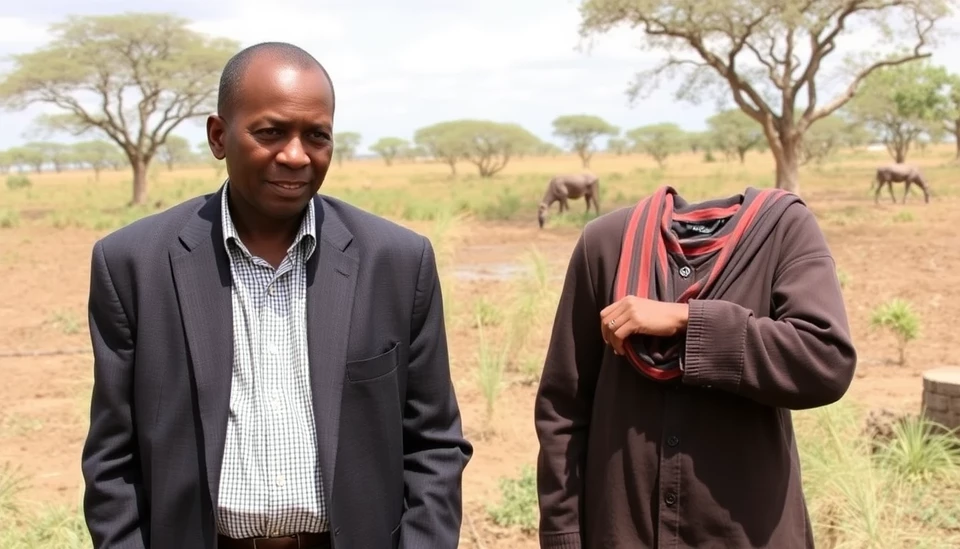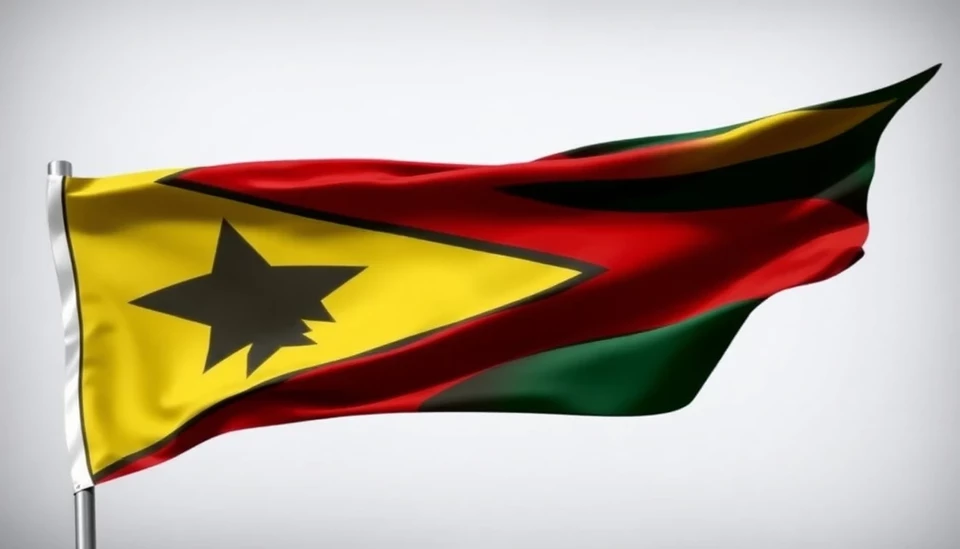
Zimbabwe's Minister of Finance, Mthuli Ncube, has recently announced that the country is not yet ready to adopt a sole currency. This decision comes in light of ongoing economic challenges and a need for more stability before such a significant financial move can be realized. The recent statements reflect Zimbabwe’s ongoing struggle with hyperinflation and a reliance on multiple currencies, which have been a source of economic instability for the nation.
Zambia’s economy has faced numerous hurdles over the years, with citizens often relying on a basket of foreign currencies, predominantly the US dollar and South African rand, for daily transactions. This practice has led to complications in the monetary system and frequent fluctuations in the local currency, the Zimbabwean dollar.
Ncube articulated that while there have been discussions about transitioning to a single currency, both domestic and international factors need to align for this to be a successful endeavor. He emphasized the necessity of creating a robust economic environment with manageable inflation levels before moving forward with the concept of a sole currency.
The Finance Minister acknowledged that hyperinflation remains a significant concern, adhering to the government’s larger strategy to stabilize the economy. Currently, inflation rates have decreased from astronomical figures experienced in the past, but they still pose a risk. Zimbabwe's annual inflation rate has seen a consistent decline but remains in double digits, indicating that the economy is still vulnerable.
In addition to inflation concerns, issues such as fiscal deficits, inadequate agricultural production, and reduced foreign investments continue to plague the economy. Ncube noted that these challenges require a multi-faceted approach, including boosting production capacities and fostering foreign investment to rebuild the economy.
The question of whether Zimbabwe will ever return to a singular currency system has sparked debate among economists, often divided on its potential benefits versus the risks associated with continued economic instability. Proponents of a sole currency argue that it could lead to greater economic coherence and ease of transactions, while critics warn that without a robust economic foundation, adopting a new currency may exacerbate existing challenges.
As the government navigates these complex issues, Ncube has expressed optimism about the possibility of achieving economic stability in the long term. Nonetheless, he has cautioned that any moves toward a sole currency should not be rushed, emphasizing the importance of thorough preparation and a solid economic framework to ensure sustainable growth.
For now, it appears that Zimbabwe will maintain its multi-currency system as the nation grapples with its economic realities. Only time will tell when or if the country will be able to adopt a sole currency, but for now, the consensus is clear that the time is not yet ripe.
In conclusion, as Zimbabwe continues to address its economic concerns, the approach toward establishing a sole currency remains on hold, with officials prioritizing stabilization over haste. Economic reforms and strategies to boost investor confidence are crucial as the country charts its path forward.
#Zimbabwe #FinanceNews #CurrencyCrisis #Economy #MthuliNcube #Inflation #Hyperinflation #MultiCurrency
Author: Laura Mitchell




